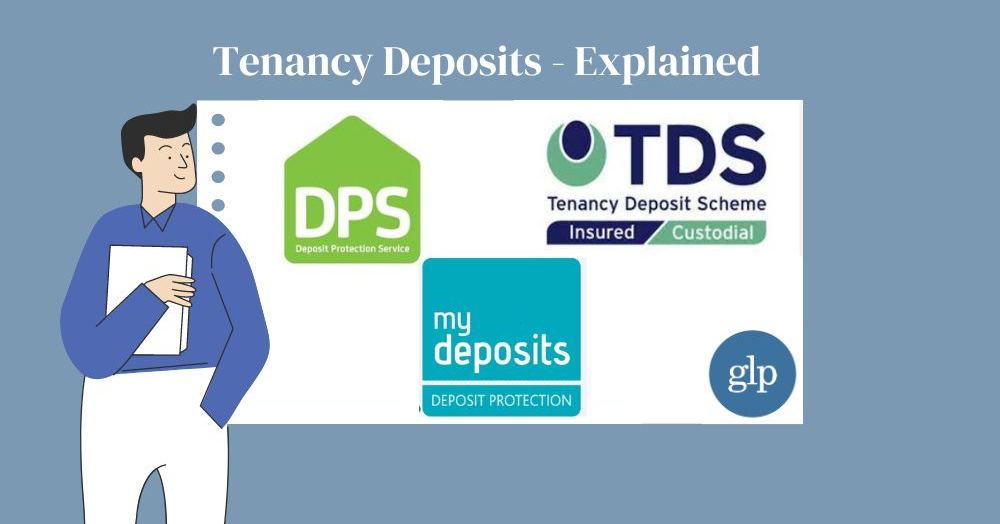When renting a property, tenants are usually required to pay a deposit to the landlord or letting agent. This deposit is held as security against any damages or unpaid rent that may occur during the tenancy. In this article, we will explore tenancy deposits and the common disputes that arise.
What is a tenancy deposit?
A tenancy deposit is a sum of money paid by a tenant to a landlord or letting agent at the start of a tenancy agreement. The maximum deposit a landlord can legally hold is equivalent to 5 weeks rent, unless the annual rent is over £50,000 per annum, in this case it is 6 weeks rent.
This deposit is held as security against any damages or unpaid rent that may occur during the tenancy.
The deposit must be protected under a government-approved tenancy deposit scheme, which ensures that tenants receive their deposit back at the end of the tenancy, provided they have met their obligations under the tenancy agreement.
Common deposit disputes
1. Deductions for damages
One of the most common disputes that arise between tenants and landlords is deductions for damages to the property. Landlords are entitled to deduct from the deposit to cover the cost of repairs or replacements for any damages caused by the tenant, beyond what would be considered reasonable wear and tear.
However, tenants may dispute the amount being deducted, claiming that the damage was pre-existing or that the landlord is charging an unreasonable amount for repairs.
2. Unpaid rent
Another common reason for deposit disputes is unpaid rent. If the tenant has not paid their rent in full, the landlord may deduct the outstanding amount from the deposit. However, tenants may dispute this if they believe they have paid all rent due or that the landlord is charging for rent that was not owed.
3. Cleaning costs
Landlords may also deduct from the deposit for cleaning costs if the property is left in an unsatisfactory state at the end of the tenancy. However, tenants may dispute the amount being charged, claiming that the property was clean when they left or that the landlord is charging an unreasonable amount for cleaning.
4. Disputes over the deposit protection scheme
If the landlord has failed to protect the deposit under an approved tenancy deposit scheme within 30 days of receipt of the deposit, tenants may be entitled to compensation of up to three times the amount of the deposit. Landlords may dispute this, claiming that they have complied with the deposit protection requirements.
5. Disputes over the deposit return timeline
The tenancy deposit scheme requires landlords to return the deposit to the tenant within a certain timeframe, usually within 10 days of the end of the tenancy. If the landlord fails to return the deposit within this timeframe, tenants may dispute this and claim compensation.
How to avoid deposit disputes
To avoid deposit disputes, tenants should take care of the property during the tenancy and ensure that they are familiar with the tenancy agreement and their obligations. They should also document the condition of the property at the start and end of the tenancy, with photographs and written notes.
Landlords should also provide a clear and comprehensive inventory at the start of the tenancy, and carry out a check-out inspection at the end of the tenancy to identify any damages or cleaning requirements. They should also ensure that the deposit is protected under an approved tenancy deposit scheme and that the deposit return timeline is adhered to.
In conclusion, tenancy deposits are an important part of renting a property, but disputes can arise when it comes to returning the deposit at the end of the tenancy. By following the guidelines and obligations set out in the tenancy agreement and the deposit protection scheme, both tenants and landlords can avoid deposit disputes and ensure a smooth end to the tenancy.
If you wanted more information on the above, please contact us on
info@glp.co.uk or give us a call on
020 7734 4062

